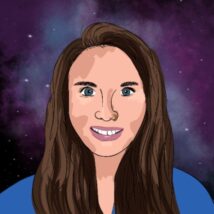
Maria Temming
Assistant Managing Editor, Science News Explores
Maria Temming is the Assistant Managing Editor at Science News Explores. Maria has undergraduate degrees in physics and English from Elon University and a master's degree in science writing from MIT. She has written for Scientific American, Sky & Telescope and NOVA Next. She’s also a former staff writer at Science News.

All Stories by Maria Temming
-
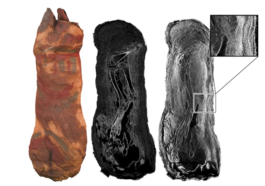 Physics
PhysicsLet’s learn about particles that help us peer inside objects
Particles such as muons, X-rays and neutrons help scientists peer inside fossils, mummies, pyramids, volcanoes and the human body.
-
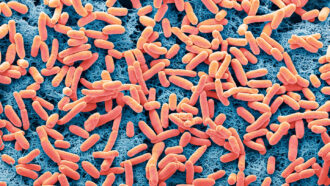 Genetics
GeneticsScientists Say: Genetic Engineering
Genetic engineering involves adding, changing or removing certain pieces of DNA from a living thing to give it desired traits.
-
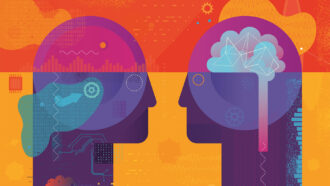 Artificial Intelligence
Artificial IntelligenceHere’s why AI like ChatGPT probably won’t reach humanlike understanding
Unlike people, this type of artificial intelligence isn’t good at learning concepts that it can apply to new situations.
-
 Humans
HumansLet’s learn about fingerprints
Researchers are still making new discoveries about how our fingerprints form — and how to use them to solve crimes.
-
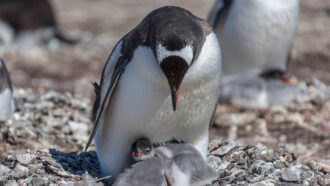 Animals
AnimalsLet’s learn about animals’ bizarre sleep schedules
From reindeer that snooze while chewing to penguins that take thousands of naps each day, the animal kingdom has some truly weird sleep patterns.
-
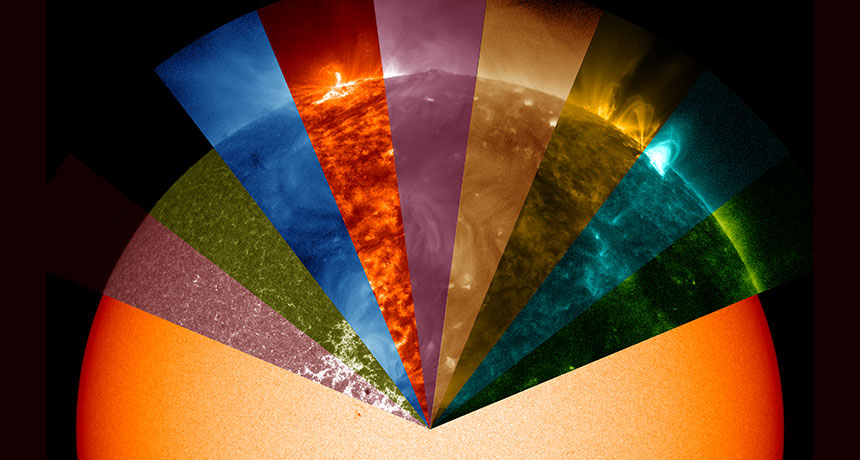 Space
SpaceScientists Say: Corona
The sun’s corona can only be seen without special instruments during a total solar eclipse.
-
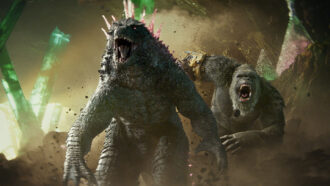 Animals
AnimalsLet’s learn about Godzilla and King Kong
These blockbuster monsters are too big to exist. But if they were real, what adaptations would each bring to battle?
-
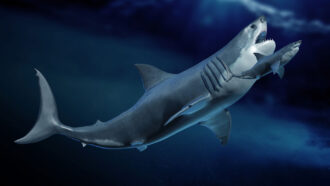 Animals
AnimalsScientists Say: Megalodon
The extinct megalodon (Otodus megalodon) was the largest shark to ever prowl the oceans.
-
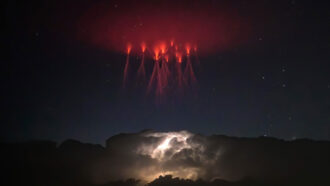 Earth
EarthExplainer: Sprites, jets, ELVES and other storm-powered lights
Fleeting glows collectively known as “transient luminous events” flash in the skies above powerful lightning storms.
-
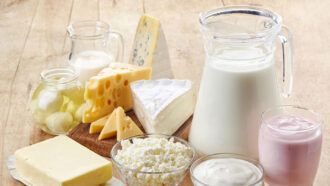 Microbes
MicrobesLet’s learn about useful bacteria
Bacteria do many useful jobs almost everywhere on Earth, from the soil to the seafloor to our stomachs.
-
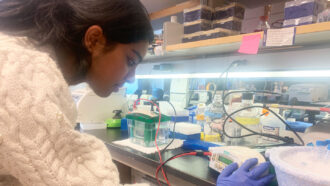 Health & Medicine
Health & MedicineFamily, friends and community inspired these high school scientists
When looking for research ideas, listen to the people around you. What problems are they facing? What could you do to help?
-
 Brain
BrainScientists Say: Confirmation Bias
Confirmation bias is the tendency to seek out and believe information that agrees with what we already think.